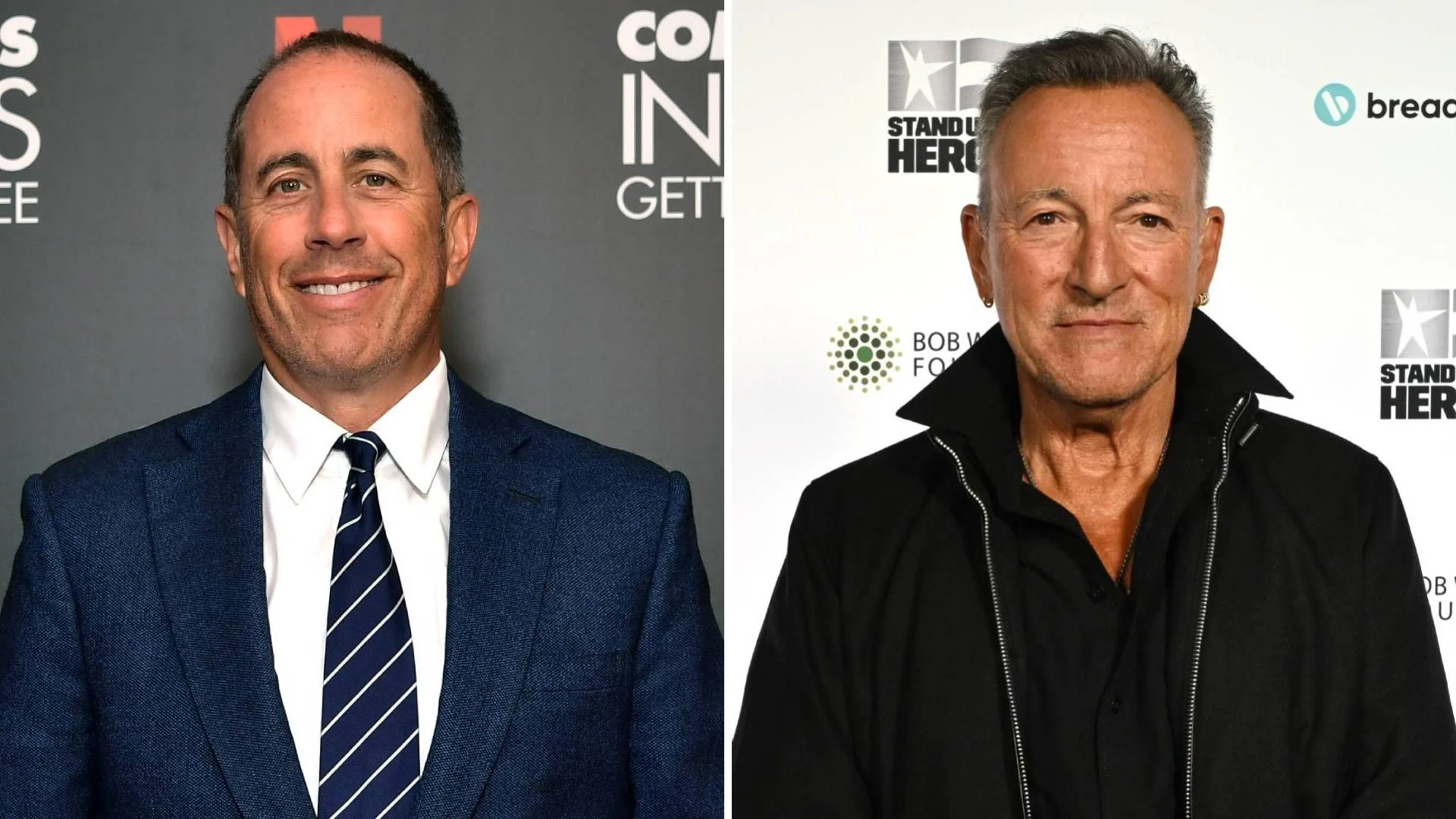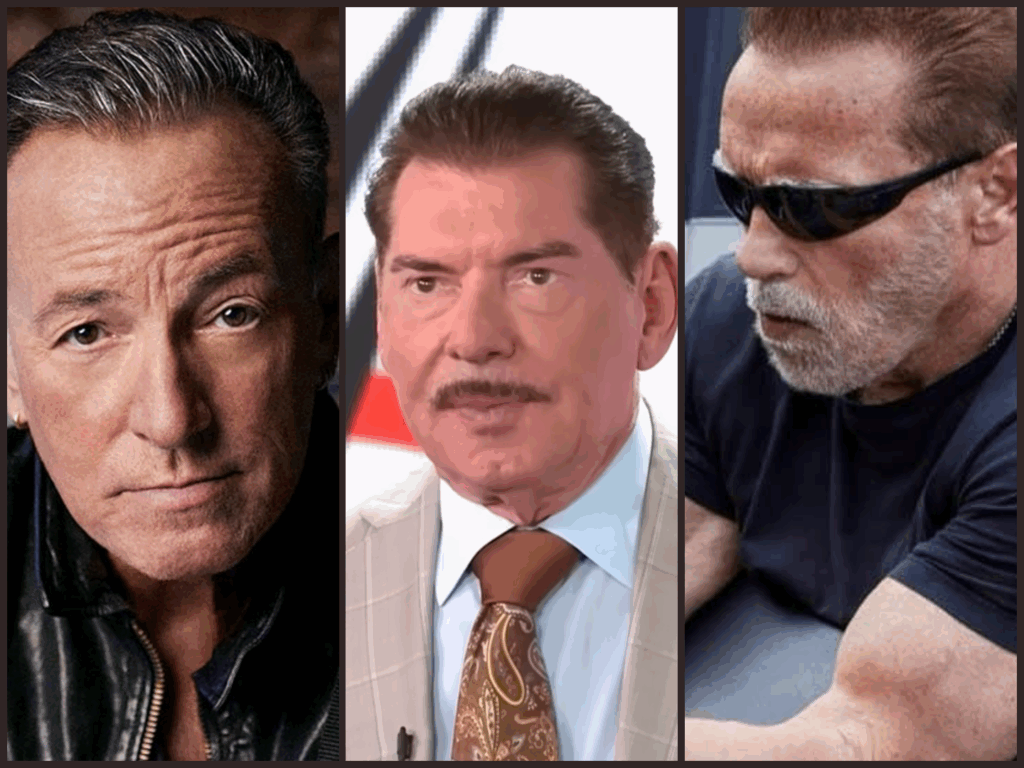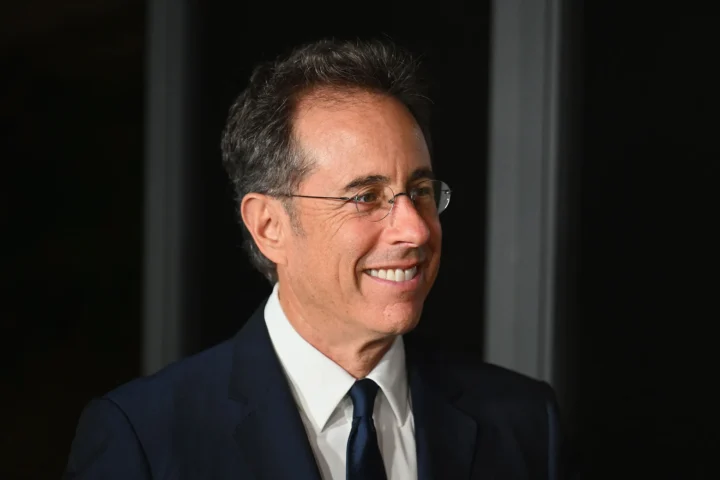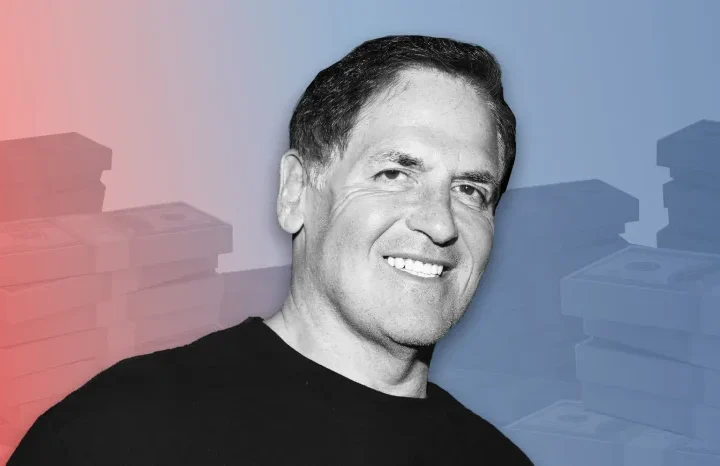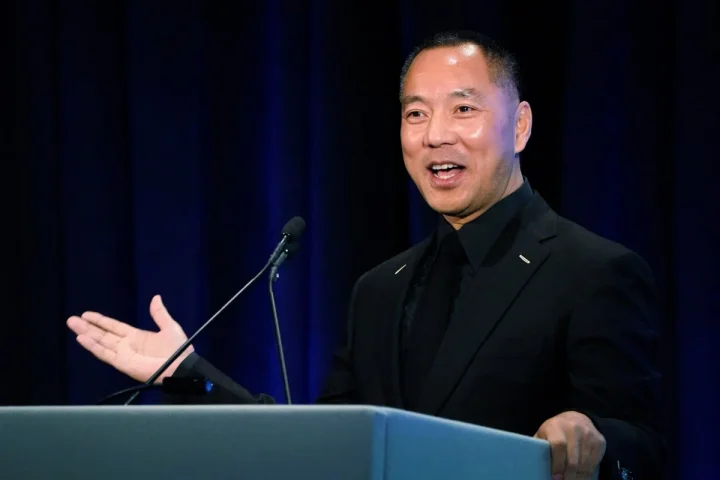How Seinfeld, Schwarzenegger, McMahon, and Springsteen turned influence into billion-dollar legacies.
The 2025 Forbes billionaire list has made headlines not just for the usual tech titans and financiers, but for the addition of four cultural giants: Jerry Seinfeld, Arnold Schwarzenegger, Vince McMahon, and Bruce Springsteen. Each of these men carved out legendary careers in entertainment, yet their financial triumphs reach far beyond applause, ticket sales, or television ratings. Their stories are not only about fame but about foresight, resilience, and the ability to treat creativity as a business. Together, they prove that entertainment is no longer just about artistry—it’s also about ownership, legacy, and empire-building.
Jerry Seinfeld’s road to billionaire status is a testament to the enduring value of intellectual property. His hit sitcom Seinfeld, often dubbed “a show about nothing,” became one of the most successful television series of all time. Long after the show ended, its value has grown through syndication, streaming deals, and licensing agreements, providing him with a steady fortune. Beyond that, Seinfeld carefully managed his comedy career, touring extensively and building a brand synonymous with wit and everyday humor. His success illustrates how creative work, when paired with smart ownership rights, can become an asset that generates wealth for decades.
Arnold Schwarzenegger, in contrast, represents the power of reinvention. Starting as a bodybuilding champion, he transitioned into a global film star with unforgettable roles in action blockbusters. Yet, his true wealth was built behind the scenes. Even early in his career, Schwarzenegger invested heavily in real estate, buying properties in California that grew in value over decades. His journey also included a successful run in politics as the governor of California, which boosted his global reputation. By combining entertainment, politics, and savvy investments, Schwarzenegger’s empire demonstrates that success comes from thinking long-term and diversifying opportunities.
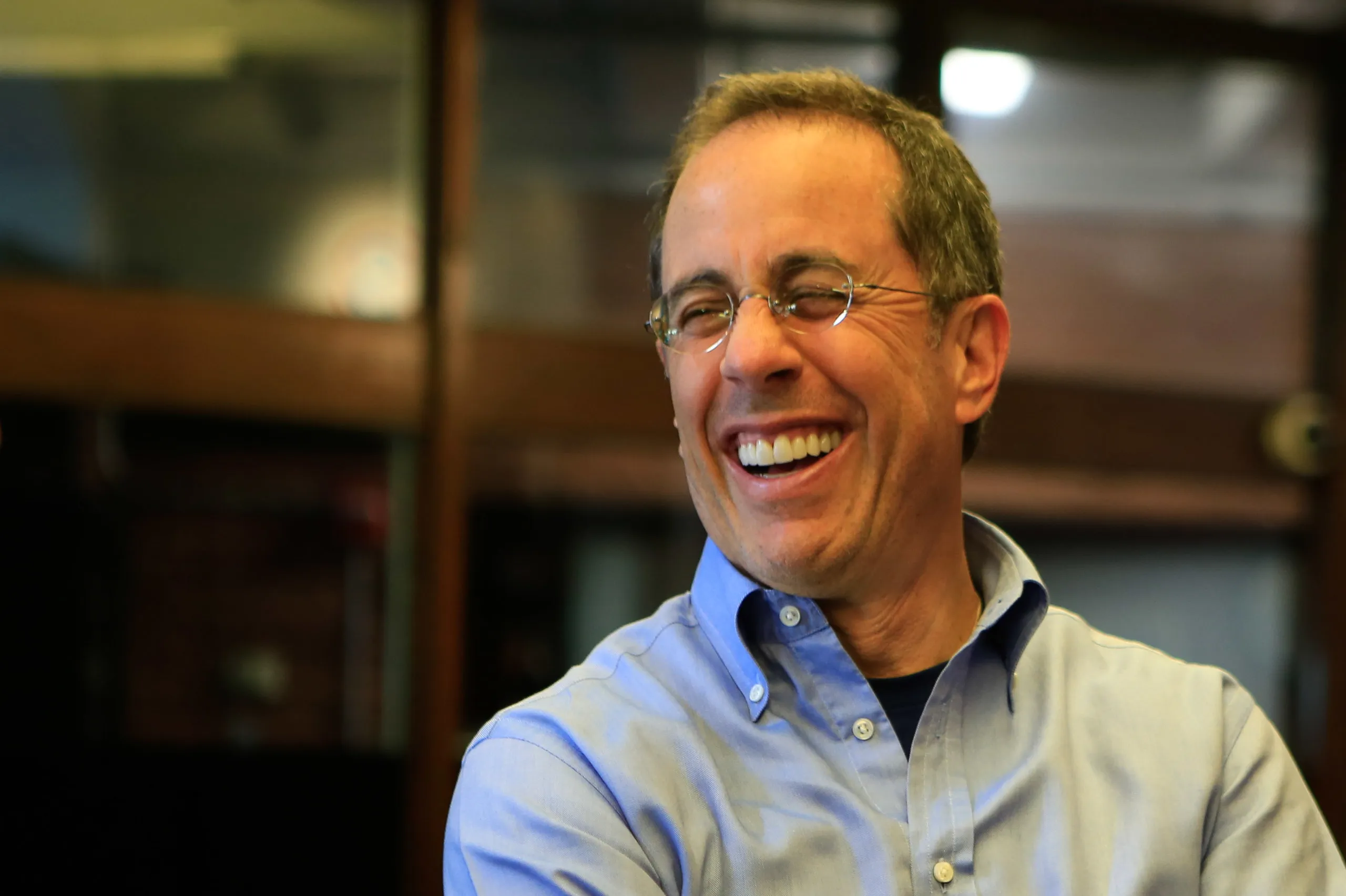
Vince McMahon’s story is one of vision and disruption. When he took over his father’s wrestling company, professional wrestling was a regional spectacle. McMahon saw the potential to transform it into a global entertainment juggernaut. Through larger-than-life characters, story-driven rivalries, and spectacular events like WrestleMania, he elevated wrestling into mainstream culture. WWE became a household name, generating billions through pay-per-view, television rights, and merchandise. McMahon’s boldness in taking risks and challenging the status quo turned what many considered a niche interest into a billion-dollar enterprise, cementing his place in the billionaire class.
Bruce Springsteen, known affectionately as The Boss, took a different route to financial greatness. His music, rooted in storytelling and the struggles of working-class America, made him an icon for generations. Touring provided a significant portion of his wealth, as Springsteen’s concerts are celebrated for their energy and longevity. But his greatest financial leap came from the value of his music catalog. In a time when streaming and licensing have reshaped the industry, owning and managing his catalog made Springsteen’s work a goldmine. His decision to retain control of his songs for so long ensured that when the catalog market boomed, he was perfectly positioned to benefit.
What unites these four men is their understanding that fame fades, but ownership endures. They each built brands that extended beyond their original careers, investing in assets, companies, or rights that would outlive their performances. Seinfeld turned comedy into an evergreen asset. Schwarzenegger used his fame to fuel political influence and investment growth. McMahon redefined an entire industry through branding and spectacle. Springsteen safeguarded his art to ensure it became a generational fortune.
Their inclusion on the 2025 billionaire list signals a broader cultural shift: entertainers are no longer just performers—they are entrepreneurs, strategists, and empire builders. In today’s economy, creativity is capital, and those who recognize its long-term value are the ones who transform cultural moments into enduring wealth. For audiences, their journeys are reminders that success comes from more than talent; it comes from ownership, reinvention, and the courage to think bigger than the spotlight.

